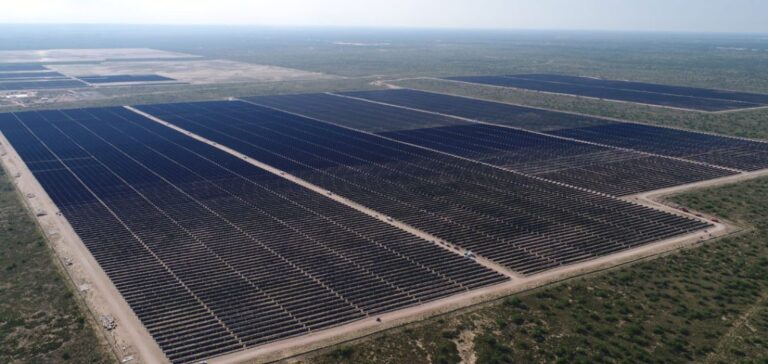The global energy transition market is expanding rapidly, supported by massive investment from both the public and private sectors.
Growing recognition of the urgency of climate change is prompting governments to inject considerable funds into renewable energy infrastructure.
These funds are aimed at modernizing existing systems and promoting the adoption of cleaner energy sources, notably wind, solar and hydro.
Private companies, meanwhile, are increasing their commitment to green energy, helping to boost the market.
However, the sector faces challenges, not least the limited availability of critical materials, essential for new technologies.
Innovation in energy storage is therefore becoming a priority, with emerging solutions such as solid-state and flow batteries.
These technologies promise to improve energy density and safety, responding to growing market demands.
Renewable energies and fast-track adoption
Renewable energies dominate the energy transition market, with rising adoption supported by favorable government policies.
Solar and wind power, in particular, are playing a central role in reducing greenhouse gas emissions, in line with global climate targets.
Tax incentives and government subsidies are accelerating the integration of these technologies into national energy systems.
Renewable technologies are now seen as viable and competitive solutions, even when compared with fossil fuels.
Governments are putting in place rigorous regulatory frameworks to encourage their widespread adoption, making these technologies increasingly attractive to investors.
The residential sector in full mutation
The residential segment is booming, driven by a growing adoption of clean energy solutions.
Homeowners are increasingly investing in technologies such as solar panels and geothermal heating systems, supported by attractive tax incentives.
This trend reflects a growing desire to reduce dependence on fossil fuels and minimize carbon footprints.
Home modernization and the integration of clean energy technologies have become priorities for many households, reinforced by economic and environmental motivations.
The residential sector is thus set to become a key player in the energy transition, with significant implications for global demand for renewable energy.
Asia-Pacific: driving regional growth
Asia-Pacific is emerging as the main driver of global growth in the energy transition market. The region is investing heavily in renewable technologies to meet growing energy demand. Technological innovations and favorable market dynamics are accelerating the adoption of clean energies, making these solutions increasingly competitive. Leading companies in the sector, such as NextEra Energy, Inc, Iberdrola, S.A., and Tesla Inc, are adopting diversified strategies to gain a foothold in this rapidly expanding market. These companies are investing in new technologies, collaborating on international projects and strengthening their presence in emerging markets. These initiatives are crucial to maintaining their competitive edge against a backdrop of rapid transformation in the energy sector.






















